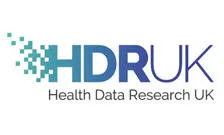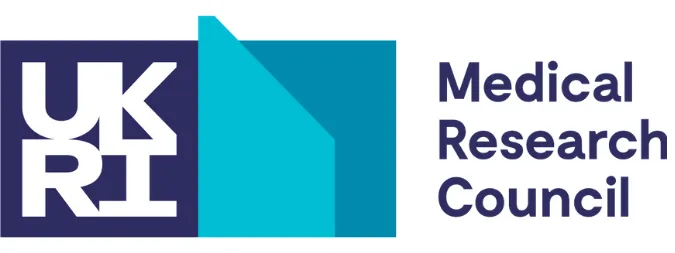Evaluation of the COVID-19 Pandemic Response in Palliative & End of Life Care: Connecting to Boost Impact & Data Assets
The COVID-19 pandemic is placing an unprecedented strain on health care services. Although many people survive, an estimated 1% to 3% of people die from this disease. There are more than 100,000 UK deaths from COVID-19, with numbers still increasing in the UK and beyond. In addition, the conditions of the pandemic, such as lockdown, shielding, social distancing, has placed challenges on care for people with advanced diseases and/or needing palliative care.
The CovPall-Connect Project combines survey data from the original CovPall project with nationally routinely collected data from the four nations of the United Kingdom. This provides an opportunity for national data linkage in ecological analysis, primarily regional, and by setting, of the palliative care response to COVID-19. Findings will boost CovPall project impact, inform national responses, and enhance data assets. Through the National Core Studies (NCS) programme, we will engage more widely with patients and carers, members of the public, and professionals and also invite them to contribute to the wider programme.
Aims
- To determine the relationship between regional COVID-19 palliative care responses and COVID-19 prevalence, mortality, admissions, discharges, business / social impacts.
- Explore the feasibility of using palliative care survey data with national routinely collected datasets across England, Wales, Scotland and Northern Ireland to understand the palliative care response to the COVID-19 pandemic.
- Describe regional variation in palliative care service response to COVID-19 (e.g. busyness, service provision in care homes and care homes, shortages) and its relationships with regional characteristics, such as population size, age, deprivation, ethnicity, and COVID-19 prevalence.
- Describe the relationship between palliative care services responses (e.g. busyness) and health outcomes, mortality, and hospital admissions during the first weeks of the pandemic at a regional level across the UK.
- Examine factors associated with the place of death at a regional level in each nation (England, Wales, Scotland and Northern Ireland), including palliative care busyness across settings and deprivation.
Methods
Approval to access datasets from each custodian will be sought to provide linkage to CovPall survey data. Data that covers the duration of the pandemic in England, Wales, Scotland, and Northern Ireland will be compared at a regional level, striving for consistency within variables across the nations.
Statistical analysis will be carried out to explore the data quality and examine the feasibility of linking to the CovPall survey data; describe the variables and bivariate relationships with regard to palliative care responses to Covid-19 with relation to regional characteristics and health outcomes; and examine factors associated with place of death including demographic factors, illness factors, and service factors.
Impact
The research will describe nuanced ways in which social factors are associated with palliative and health outcomes; explore the ways in which charitable sector activity can be added to the routine data sets, to better capture this important source of provision; propose a core minimum data set which would capture palliative care activity and patient-centred palliative care outcomes; propose future recommendations for collecting palliative care data and activity, especially with reference to multimorbidity and multimorbidity clusters.
Through answering these research questions we will be better able to understand the evolving community palliative care needs in the current pandemic, which would be applicable in future public health challenges.







